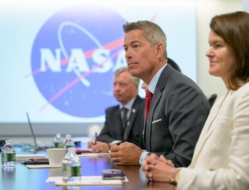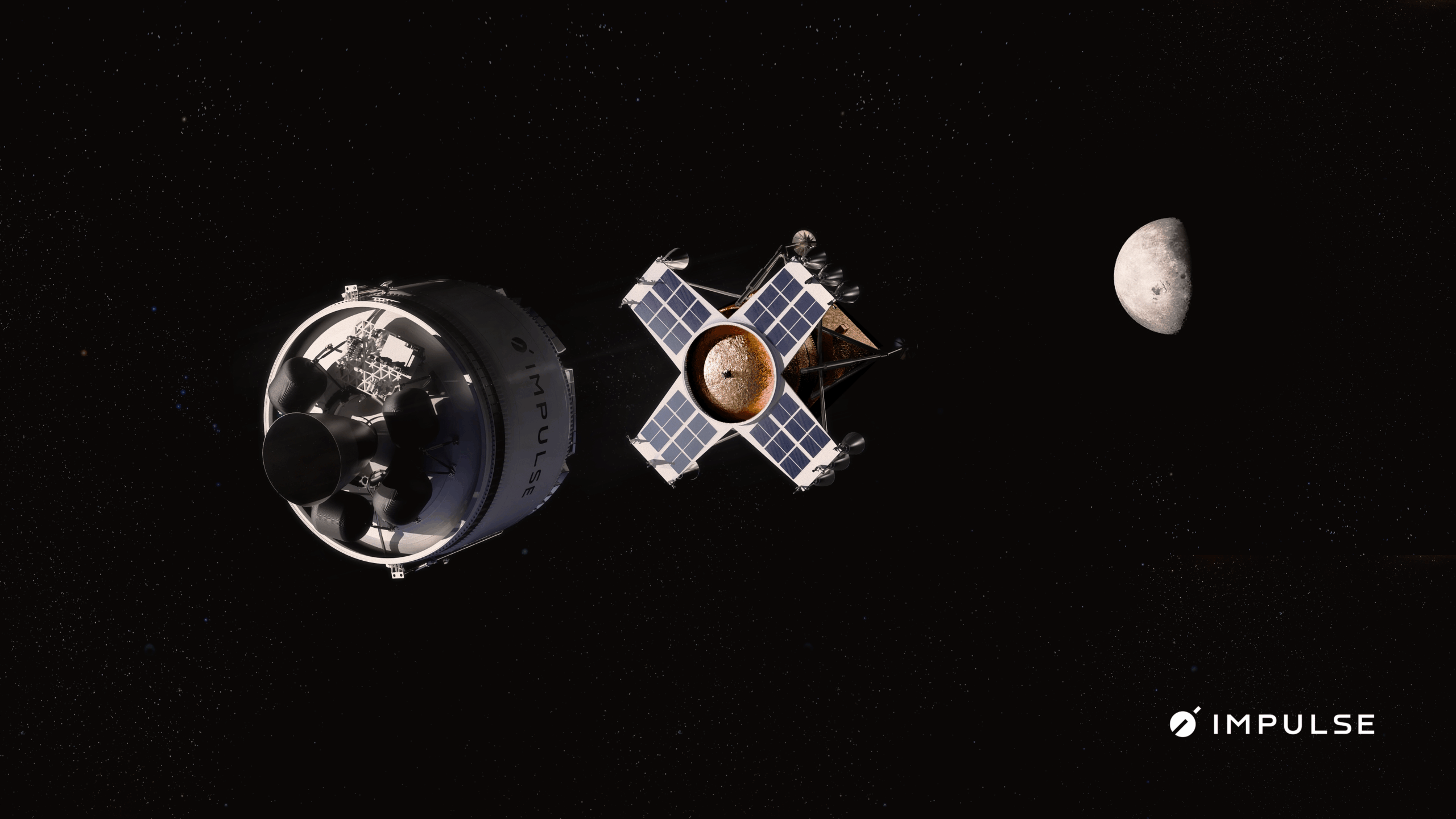NASA Reaffirms Commitment to Lunar Nuclear Power This Decade
To keep the lights on through the night, NASA is exploring putting a nuclear fission reactor on the Moon’s surface. The idea has been around for years, but the agency appointed new executive leadership for the Fission Surface Power Project last year—and committed to seeing it through.










